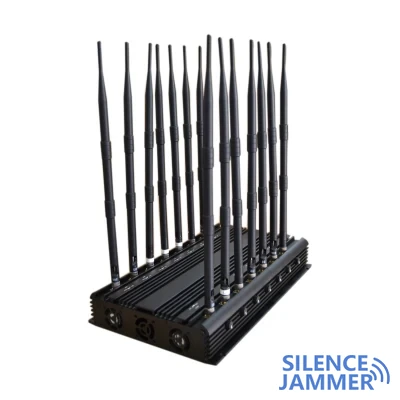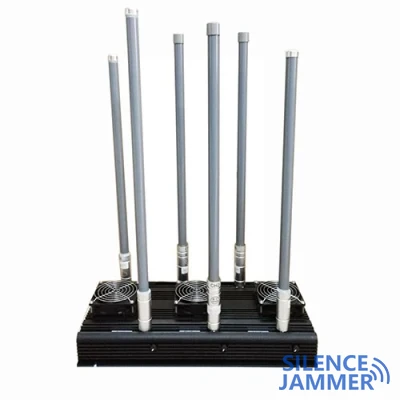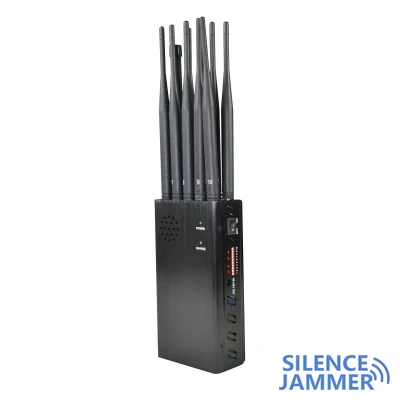On January 6, 2021, as North Korea's blockade of external information became increasingly severe, external broadcast signals were subjected to unprecedented interference by radio signal jammer device. Recently, the Unified National Broadcasting Corporation (UMG) reported that since mid-December last year, radio interference signals have appeared on North Korea's radio broadcast frequencies, and it is speculated that the sender is the North Korean authorities
Signal jammer device technology blocks the inflow of external information
This jamming phenomenon is believed to be a means adopted by the North Korean government to prevent its citizens from receiving external information. According to expert analysis, radio jammer devcie is a device that reduces the sensitivity of reception by sending radio jamming signals to specific frequencies. The North Korean authorities use this technology to significantly reduce the sound quality of the broadcast, making it difficult for listeners to listen normally. The purpose of this move is to control the flow of information and maintain the stability of its regime.
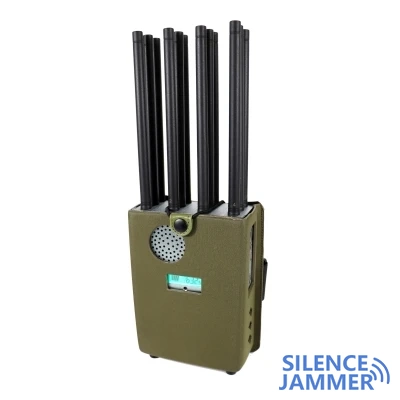
The UMG statement pointed out that this interference not only affects the sound quality of the broadcast, but also hinders the channels for North Korean residents to obtain external information. Since North Korean residents pay great attention to the sound quality of the broadcast, the poor sound quality makes them more inclined to give up listening to external broadcasts, thereby effectively preventing the spread of information.
In response, North Korea passed the "Reactionary Thought and Culture Exclusion Law" at the Supreme People's Assembly on December 4 last year, stipulating penalties for listening to, recording and disseminating foreign radio stations.Part of the Law on the Exclusion of Reactionary Ideology and Culture is as follows:
- Chapter 1 The basic content of the Law on the Rejection of Reactionary Ideology and Culture defines reactionary ideology and culture as: the corrupt ideology and culture of the enemy forces such as puppet publications that paralyze the revolutionary ideology and class consciousness of the masses and make society degenerate and degenerate, as well as all unhealthy and alien ideologies and cultures that do not belong to the North Korean style.
- Chapter 5 The principle of strengthening educational work stipulates that: In the case that the enemy's ideological and cultural infiltration conspiracy is becoming more and more cunning and vicious, the state further strengthens the ideological education of the people to prevent them from being polluted by reactionary ideology and culture. In other words, from a political perspective, the fear that cultural products flowing in from abroad will have an impact on the people led to the formulation of the Law on the Rejection of Reactionary Ideology and Culture out of this concern.
- Chapter 7 The principle of punishment for violating the Law on the Rejection of Reactionary Ideology and Culture states that those who introduce, watch, listen to, and spread reactionary ideology and culture, regardless of their class status or who they are, will be punished with severe laws, with the highest penalty being death.
Expert opinion: North Korea's signal jammer methods are not impeccable
Park Se-kyung, an international broadcast expert and president of the Northeast Asian Broadcasting Research Association, said that interference from radio jammer device was obvious in recent broadcasts. According to the documents he provided, continuous noise appeared in UMG broadcasts, indicating that North Korea was transmitting interference radio waves to these frequencies. Nevertheless, North Korea's interference is not impeccable, and in some cases, the outside world can still confirm the source and intensity of the interference.
North Korea-South Korea relations are tense, and the frequency allocation issue is not resolved
Most private radio stations targeting North Korea mainly transmit signals to foreign countries through shortwave. This mode of transmission is not only susceptible to North Korean radio jammer interference, but also has relatively poor broadcast sound quality, which limits its influence. Therefore, the public calls on the government to allocate frequencies to these private radio stations to improve the quality of broadcasts and fill the existing loopholes.
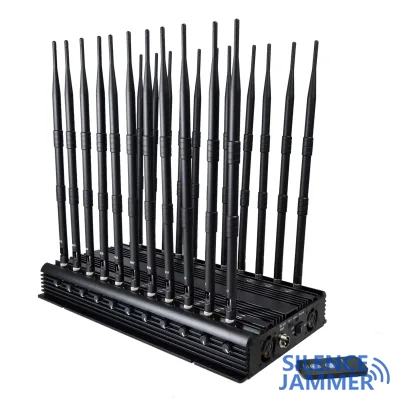
However, due to the problem of state-owned frequency allocation and the tension in North Korea-South Korea relations, the government has not been able to respond effectively so far. This situation not only highlights North Korea's strong resistance to external information, but also reflects the contradiction between private voices and government policies under information blockade. As the international community pays increasing attention to human rights issues in North Korea, how to spread information and maintain freedom of speech in such an environment remains a challenge that needs to be addressed.



